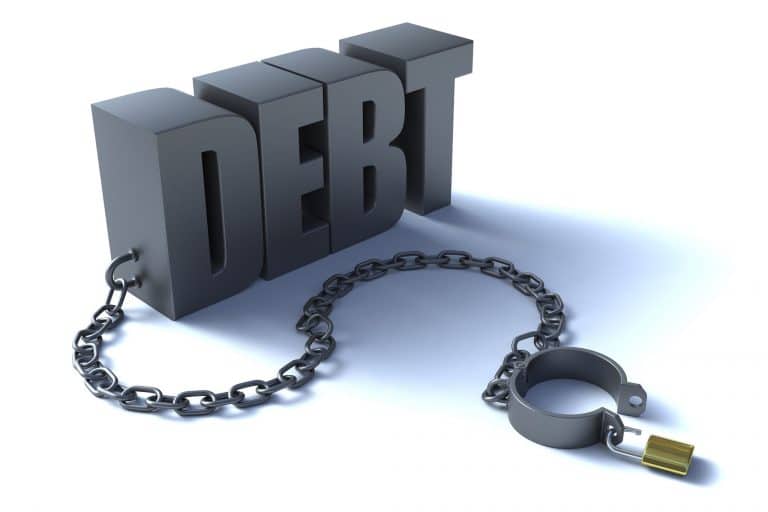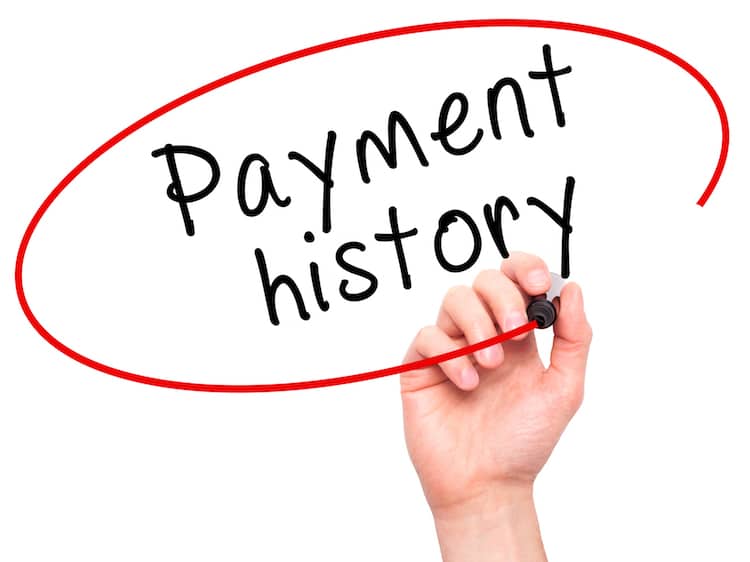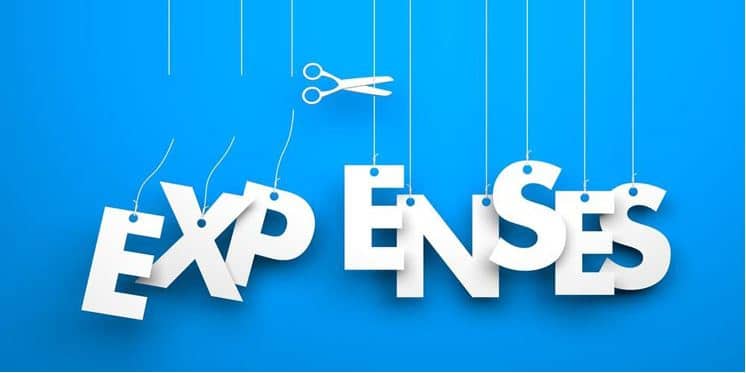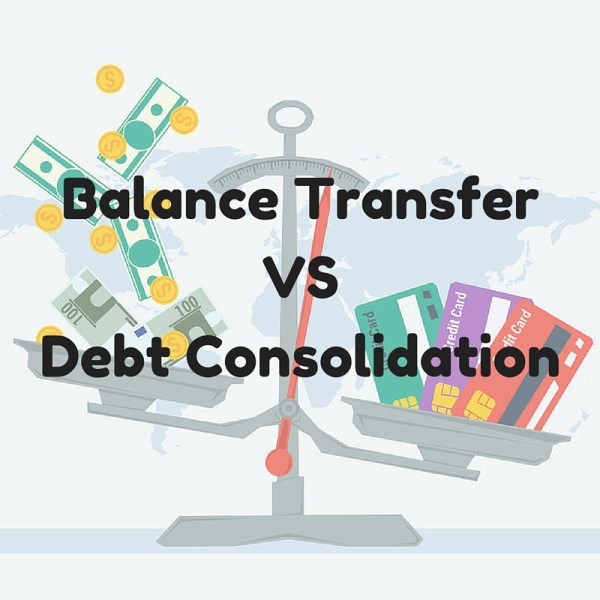Did you know that having a budget could get you a higher credit score by this time next year? It could even get you a higher credit score next month. Read why everyone needs a budget to improve credit score.
A budget is the tool you need to improve your financial standing, no matter your income. Whether you’re a student with no income or a professional making 6 figures: you need a budget.
If you find yourself with bad credit and no idea how to fix it, a budget will help you.
But how? After all, your credit score is made up of five factors:
- Payment History
- Amounts Owed
- % of New Credit
- Average Account Age
- Credit Mix

None of these include ‘budget’! You’d be surprised, though, how effective a budget is at improving your credit score.
Why A Budget to Improve Credit Score?
Payment history makes up 35% of your credit score, and amounts owed makes up 30%. That’s 65% of your credit score based on two factors alone.
Turns out, a budget helps with both of these things.
Payment history is, just like it says, based on a history of on-time payments made. The more on-time payments you’ve made in the past seven years, the better this score factor is.
Missing even one payment by 30 days could harm your score. And, if you’ve missed several payments in the past due to not being able to afford them, this may be the biggest reason your credit isn’t great.
Amounts owed depends on several things such as credit utilization ratio and the total amount of debt you have. Credit utilization ratio is the amount of debt you have over the amount of credit you have available. You want this ratio to be as LOW as possible.
For example, it’s better to have a $1000 balance on a $10,000 limit card than to have a $1000 balance on a $1500 limit card.
In both examples, though, you want to lower that balance to zero.
How do you rack up a clean payment history while also paying down your existing debt, if you are having trouble finding the money?
The answer is the budget and how your budget can help you build credit?
Introducing The Debt Freedom Budget To Improve Credit Score
Many people use budgets to save money. However, if you’re deep in debt and you want to improve your credit score, you need to use your budget to become debt-free.
The process of becoming debt-free will improve your credit score by virtue of those two major credit score factors.
To create a budget to improve credit score, you need to know two things.
The first thing is how much you take home every month, after tax. For most people, it’s just what you make off of two biweekly paychecks or one monthly paycheck.
If you have a variable income, take the monthly average of the past six months of earnings. Be realistic with how much you’re earning: if it’s not in your bank by the end of the month, it shouldn’t be included.
The second thing is how much it costs you to live. Mandatory expenses you can’t get rid of, such as:
- Rent/mortgage
- Car payment
- Gas/insurance/parking
- Utilities
- Groceries
- Other, such as school fees, active gym memberships, telephone bill
This does NOT include debt obligations such as student loans or personal loans; but it DOES include debt obligations such as a mortgage or car payment.
The rest is a math problem. Add up your total monthly income, minus your total monthly expenses. That’s the amount of money you have available to pay off debt.
To be most effective at increasing your credit score, you want to make the full minimum payment on each piece of debt you have… then put the rest of that money (minus $100 for personal savings) into credit card or personal loan debt.
Pay Less Interest (or No Interest) And Lower Your Payments: Balance Transfers and Consolidation
Banks don’t benefit from high credit card balances, especially if they’re not getting very much in minimum payments. As a result, most banks offer the ability to transfer a balance from a high interest credit card to another credit account with a lower interest rate.
Some even have an introductory rate of 0% that can last as long as 12 months. If you can pay off a credit card in 12 months or less, and you don’t want to have to pay interest on it, then this could save you hundreds, or thousands, of dollars!
Debt consolidation works a little differently. Consolidating debt is when you take out a lower interest rate loan, pay off another loan using the loan you just took out, then pay down the new loan at the lower interest rate.
We wrote articles on both of these subjects. Learn about balance transfers, or learn about debt consolidation now!
Tips for Freeing Up Income
- Cancel subscription services. If you don’t use it, don’t pay for it. If you haven’t use it in the past three months, get rid of it, stat!
- After you pay off a credit card, you’ll be amazed at how much more money you have to spare as a result!
- Lower grocery expenses wherever possible. Buying in bulk, purchasing non-name brand food, and clipping coupons adds up over the course of a month.
Have a credit problem that a budget can’t fix? Call The Credit Pros today at 1-800-411-3050! We’ll help you sort out common credit problems, such as:
- Errors on your credit report
- Fraudulent items
- Suspected identity theft
- …and more!








